Why always us? Joanne O'Riordan on the devastating impact of All-Ireland defeat on Cork fans
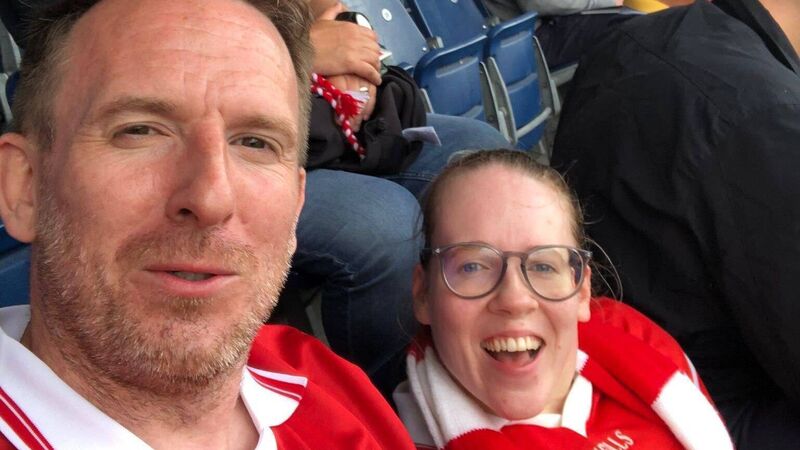
Joanne O'Riordan with her bother Steven at the All-Ireland hurling final between Cork and Tipperary last Sunday at Croke Park.
There is no instruction manual for this kind of grief. It’s not death.
It’s not illness. And yet it clings to you all the same. It stiffens your jaw, hollows your chest, tightens your throat.
On Sunday in Croke Park, as Cork slowly unravelled, you could feel the collective spirit being siphoned out of every Rebel supporter.
Not with a bang, not even with a whimper, just a deafening silence.
Look around the stands and you’d see the same frozen expression worn by hundreds: eyes wide, mouths slightly agape, staring into the middle distance as if they’d just watched their soul quietly get up and leave the stadium.
And not one of us moved. What could we do?
Somewhere nearby, Tipperary fans were roaring, rising, reaching for the sky. Something extraordinary had happened, but not to us, for them.
Sure, Cork did this to ourselves. We dared to dream, and then we practically commissioned the victory mural.
The talk of Liam MacCarthy coming home grew louder by the hour. We were already planning celebrations on the South Mall.
Instead, I left Croke Park feeling like I’d been kicked in the ribs by fate.
My WHOOP fitness tracker now says I’m in ‘red recovery’ mode. I wish I could tell it that my heart rate is fine. It’s my heart that’s shattered.
I’ve officially gone into shutdown. No post-match analysis, no sports radio, no highlights, or lowlights. I can’t.
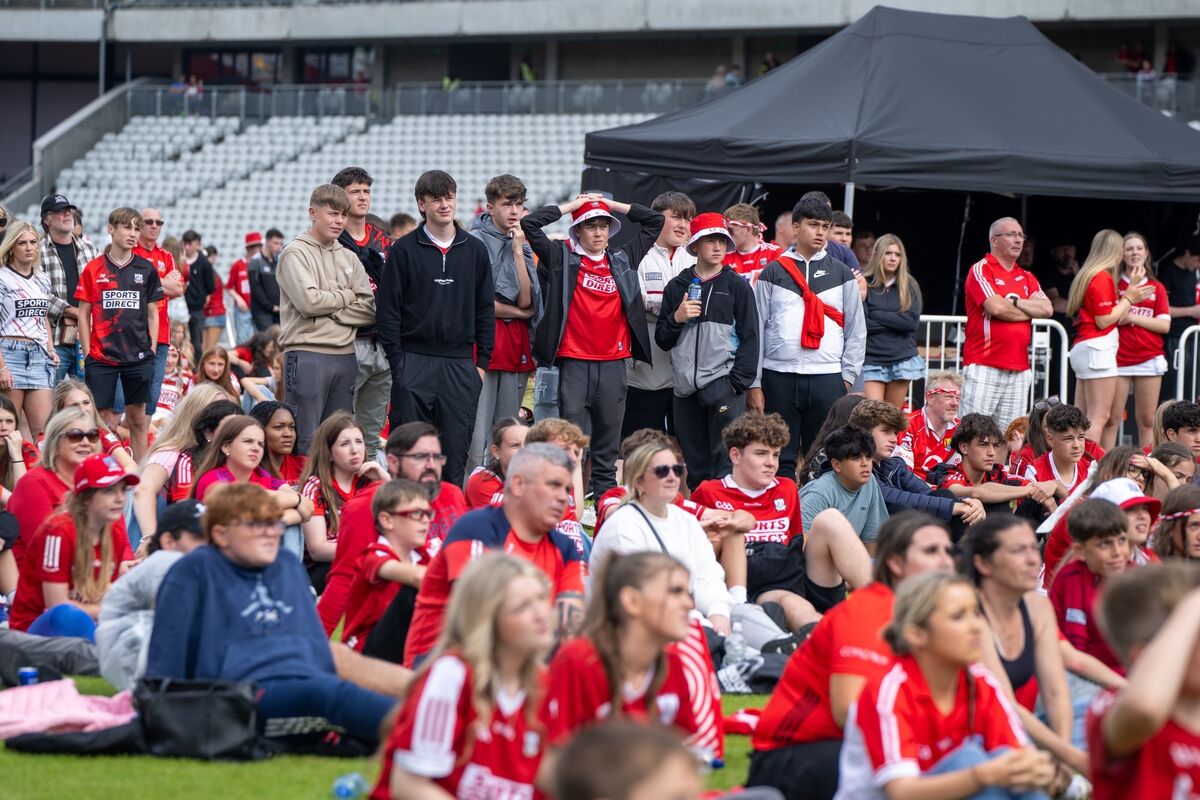
I won’t. Not yet. Every mention, every highlight reel, every sincere “hard luck” makes me flinch.
And yes, I know how ridiculous this sounds. “It’s just a game,” they say. Thirty lads chasing a ball should not dictate your emotional state.
But it does. Not just for me. For many. And there’s hard evidence to back it up.
In my new legal world, I’ve learned that sports losses can even shake the foundations of justice.
A 2016 LSU study found that Louisiana judges who were alumni of LSU handed down significantly harsher juvenile sentences — up to 74 extra days —following unexpected football defeats.
The emotional hangover of a team’s loss made them unconsciously tougher on young defendants, especially Black youth. Grief on the field turned to punishment in the courtroom.
It doesn’t end there. Studies published in the Journal of Finance show that national stock markets tend to decline after a country’s team is eliminated from major tournaments, such as the World Cup.
This “loss-induced investor mood” turns everyday disappointment into real economic ripple effects.
So no, it’s not just a game. It’s heartbreak, yes, but it’s also behaviour, bias, even balance sheets.
As for me? I’m a sore loser. That’s not an insult — it’s a cornerstone of my personality.
My pettiness has driven me to some of my most outstanding achievements. I once re-sat a law exam out of pure spite.
I’ve stood on global stages, challenged Taoisigh, won arguments I had no business winning… all fuelled by the burning drive to prove someone wrong.
In our family, we say if Kendrick Lamar can collect Grammys for roasting Drake, then maybe hate is actually a renewable energy source.
But this one? I wasn’t ready for how deep it would go. I thought I was watching a game.
What I was actually doing was investing part of my identity. So when the result came, the loss hit everything. It felt like being personally evicted from a dream I thought I’d paid into.
This season taught me a cruel truth: when your team is ranked number one, the joy is different.
It’s not hopeful. It’s expectant. You don’t just wish for greatness, you assume it. And when that assumption collapses?
The crash is brutal. There’s no cushion. Just stone-cold reality.
What strikes me now, in the haze of heartbreak, is how unaware players often seem of the devastation unfolding in the stands.
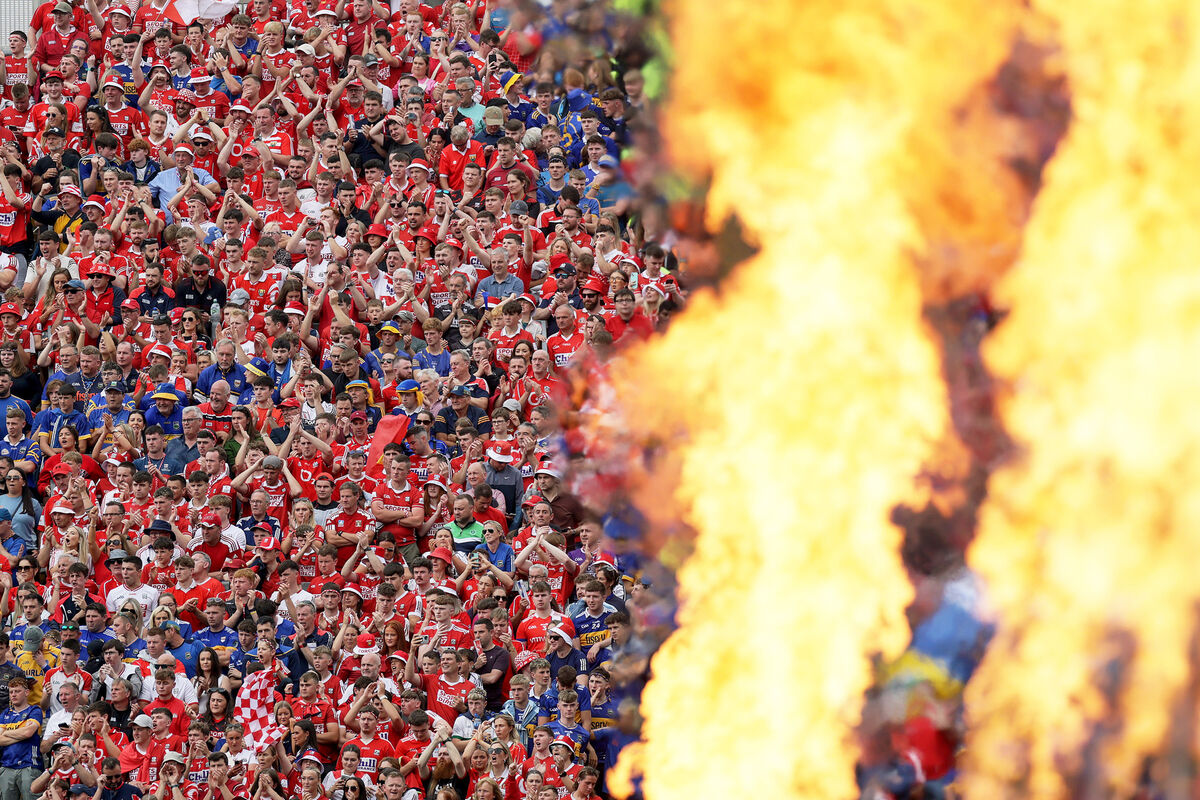
Fans dissect every move, scream from the terraces, cry in the toilets or on the streets, and the players are just… playing.
The fan player relationship is parasocial, akin to a one-sided love affair where we know their life story, but they don’t know we exist.
We project onto them. They carry our hopes, our identity, our rage. And in their own way, they do the same.
Fandom, I’ve come to realise, is not just about the sport. It’s a language. A way of being.
My brother, Steven, and I, like every other Rebel in Croke Park, weren’t just chasing a trophy. We were chasing that high. Chasing community. Chasing connection. Our love of Cork says something about who we are, and in sharing it, we find our tribe.
And that’s why this hurts. When Cork lost, I didn’t just lose a game; I lost a part of myself. I lost a piece of that connection.
A part of me.
That sympathetic, pity-tinged glance strangers give when they clock that I’ve no limbs. I know that look. I’m on first-name terms with it.
And I can confirm, hand on heart, that the sympathy looks given to Cork hurling fans walking out of Croke Park and the actual players on Sunday night were a hundred times worse. Devastation has a facial expression.
They say time heals all wounds. I don’t believe that. Time doesn’t heal. It just makes things smaller.
You don’t stop hurting. You just shrink the hurt until it fits into a pocket you learn to carry.
And I will carry this one for a long time.
Right now, I’m still not ready. I’m still broken. Still staring into the void where the fairytale should have been.
Still avoiding conversations and group chats and match-day memes. I know I’ll move on… eventually. But I also know something inside me has shifted.
Cork aren’t special in that.
But still… Why always us?
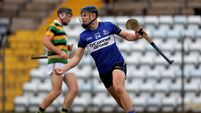
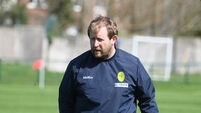
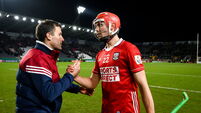
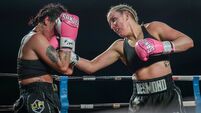
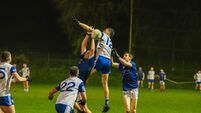
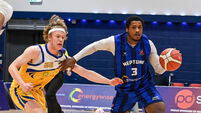
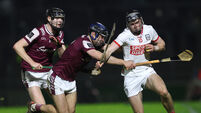



 App?
App?







